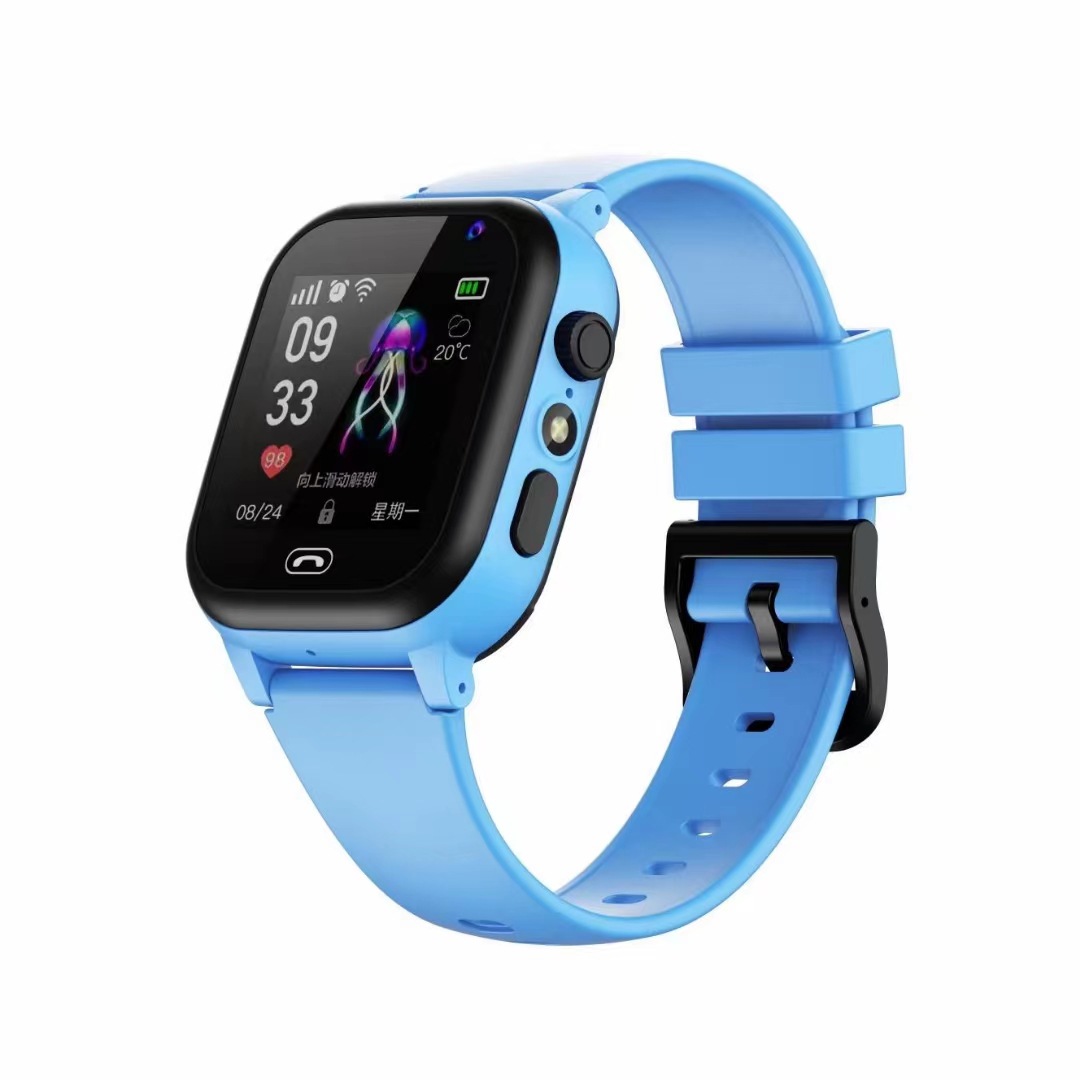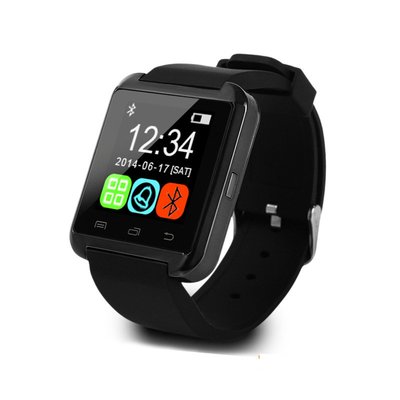<small id="wg64m"></small> RCM certification is a certification system implemented by Australia and New Zealand to ensure that electrical products comply with local safety, electromagnetic compatibility, and other standards.
The benefits of cross-border application for RCM certification for wireless mice are mainly reflected in the following aspects:
Firstly, RCM certification is a passport to enter the Australian and New Zealand markets. These two countries have extremely strict standards for imported electronic products, and only products certified by RCM can enter the market for sale smoothly, otherwise they will face the risk of being detained or returned by customs.
Secondly, RCM certification can enhance the market competitiveness of products. Obtaining RCM certification for products means that their quality and safety performance have been recognized by authoritative institutions, which will greatly increase consumers' trust and willingness to purchase the product.
Thirdly, RCM certification helps businesses avoid legal risks. The regulations in Australia and New Zealand have clear provisions on the safety performance of electronic products, and products that have not passed RCM certification may face risks such as legal disputes and fines. Having RCM certification can effectively avoid these potential legal issues.
The first step is to select a certification body. RCM certification needs to be conducted through a third-party certification body recognized by Australia. Choosing a reputable and experienced certification body is the key to successful certification.
Step two, prepare materials and samples. The certification body will conduct comprehensive testing on the product, therefore it is necessary to provide complete information, including technical documents, circuit diagrams, material lists, user manuals, etc. At the same time, a certain number of samples need to be provided for laboratory testing.
Step three, product testing. The certification body will conduct strict testing on wireless mice according to Australian standards. If the test results do not meet the standards, the certification body will provide rectification suggestions to help companies optimize their products until they meet Australian standards.
Step four, submit for review. After passing the test, the certification body will issue a test report and submit it to the Australian certification body for review. After approval, the RCM certificate will be issued. At this point, wireless mice can be legally sold in the Australian market.
If you want to learn more about RCM certification or have any other questions, please feel free to consult.


KC certification is a mandatory certification system implemented in South Korea for electronic and electrical products, aimed at ensuring that products comply with South Korea\'s safety and electromagnetic compatibility standards. The Korean market has strict quality control over imported goods, and smart rings, as electronic products, must pass KC certification in order to be legally sold in the Korean market.
CE-RED certification is a mandatory compliance requirement of the European Union for wireless devices. For smartwatches with wireless functions such as Bluetooth and Wi Fi, its importance is mainly reflected in the following three aspects.

The Brazilian market has enormous potential, but in order to successfully enter, ANATEL certification is an essential first step. As an authoritative standard certified by the Brazilian Communications Authority, ANATEL certification is not only a guarantee of product quality, but also a legal entry threshold into the Brazilian market.
RCM certification is a certification system implemented by Australia and New Zealand to ensure that electrical products comply with local safety, electromagnetic compatibility, and other standards.
Get a quote